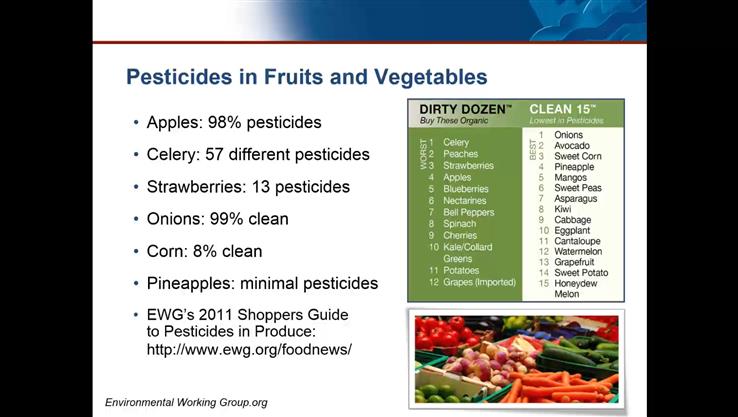Residents of Illinois and especially the Peoria area are exposed to high levels of pesticides and other endocrine disrupting chemicals (EDCs), said Gail Prins, PhD, lecturing recently at the Jump Simulation center.
Prins, professor of physiology and urology at the University of Illinois at Chicago, said the government must be forced to regulate chemicals for the benefit of society and the public and not for the benefit of industry.
There is virtually no governmental pre-screening for the safety of chemicals introduced into the market.

Dr. Gail S. Prins
Prins said everyone carries a body burden of these chemicals. It is even found in human breast milk.
Even more serious than adult exposure is childhood exposure because smaller bodies mean exposures cause greater damage.
“When children are exposed, it can have lifelong adverse effects,” Prins said.
EDCs interfere with the immune system. Exposure negatively impacts hormones that regulate systems from reproduction, digestion, adrenal glands, thyroid and homeostasis for all systems. The impact of exposure sometimes is not diagnosed for years.
“The rapid increase in disease is not genetic. It is coming from exposures in the environment,” she said.
Among the negative health impact of exposure to these chemicals are increases in cancer, birth defects, reproductive problems, obesogens, learning and developmental problems, chronic diseases and brain cancer. Rates of autism diagnoses have increased 1,000 percent in the past three decades.
Prins presented a list of actions people can take on their own to avoid exposure.
Avoid: smoking, upholstered furniture, carpets and drapes, antibacterial soap, pesticides, dry cleaning, canned food, plastic use in the microwave, PVCs, toilet bowl cleaners with paradichlorobenzene, mothballs, artificial fresheners, scented candles and other chemical-based scents. Avoid aspirin coated with phthalates, an EDC. Don’t walk around inside your house with shoes worn outside.
Control household pests with borax, red chili powder, paprika and mint.
Follow “the dirty dozen, clean 15” list of foods compiled by the Environmental Working Group. The list indicates which foods have the highest levels of pesticide residue and should only be eaten if they are organic and which foods are generally safe, whether organic or chemically-treated.
She advised all homes be tested for radon, the second leading cause of lung cancer after smoking.
Government should be forced to follow the precautionary principle in regulating chemicals and not a cost-benefit analysis that strongly favors industry, she said, concluding that by better management of chemicals, the United States could save $4.9 billion a year.
Prins’ lecture was the sixth in the annual Robert A. Flinn, MD, endowed lectureship series.


Recent Comments